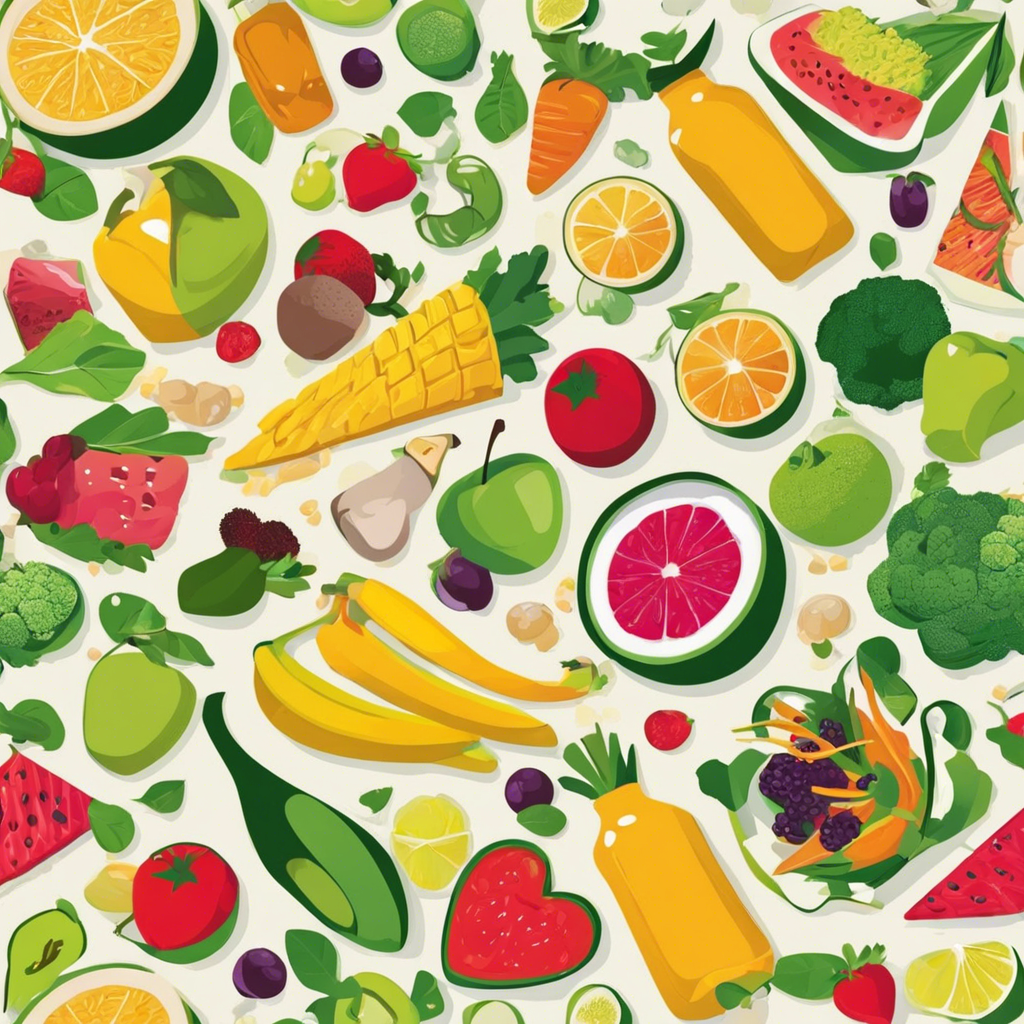Eating well and exercising regularly go hand in hand when it comes to achieving optimal fitness. Fueling your body with the right foods can help you perform better, recover faster, and maintain a consistent exercise routine. Here are some nutrition tips to support your fitness journey and help you reach your health goals.
First and foremost, ensure you’re consuming a balanced diet that includes a variety of whole foods. Focus on including an array of fruits and vegetables, lean proteins, healthy fats, and complex carbohydrates. These provide your body with the essential nutrients, vitamins, and minerals it needs to function optimally. For example, leafy greens like spinach are rich in iron, which helps transport oxygen to your muscles, boosting energy levels and exercise performance.
Staying hydrated is also crucial for optimal fitness. Water plays a vital role in digestion, nutrient absorption, and temperature regulation. It also helps lubricate your joints and flush out toxins. Listen to your body’s hydration needs, as the amount of water each person requires can vary based on activity level, climate, and other factors. In addition to water, you can also obtain fluids from foods with high water content, such as cucumbers, watermelon, and yogurt.
Another important consideration is the timing of your meals and snacks. To maximize your energy levels and support muscle recovery, aim to eat a balanced meal that includes protein and carbohydrates a few hours before working out. For example, oatmeal with Greek yogurt and berries makes an excellent pre-workout meal. After your workout, refuel with a combination of protein and carbohydrates again to help repair and rebuild your muscles. Good options include a turkey sandwich, a smoothie with protein powder and fruit, or chicken breast with quinoa.
In addition, pay attention to your protein intake. Protein is essential for building and repairing muscle tissue, and it also helps keep you feeling full and satisfied after meals. Include a source of lean protein at every meal and snack, such as beans, lentils, fish, eggs, or chicken.
